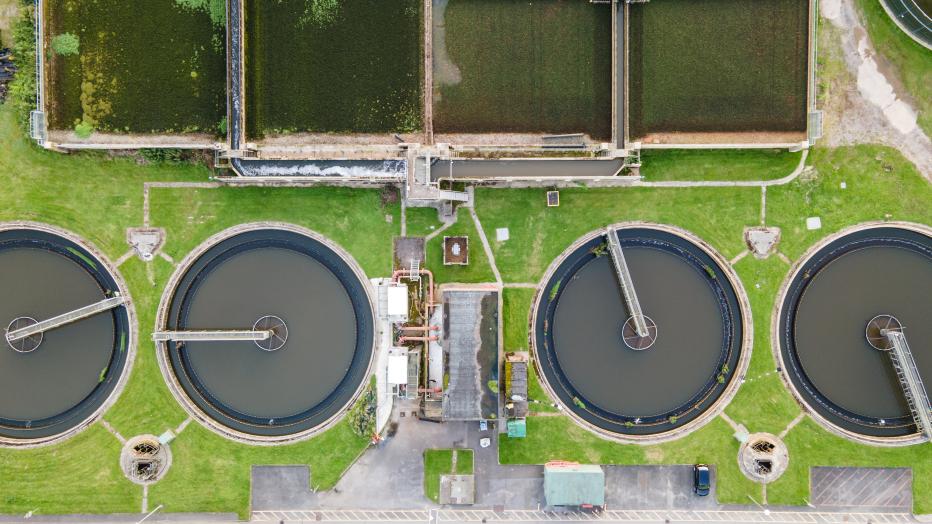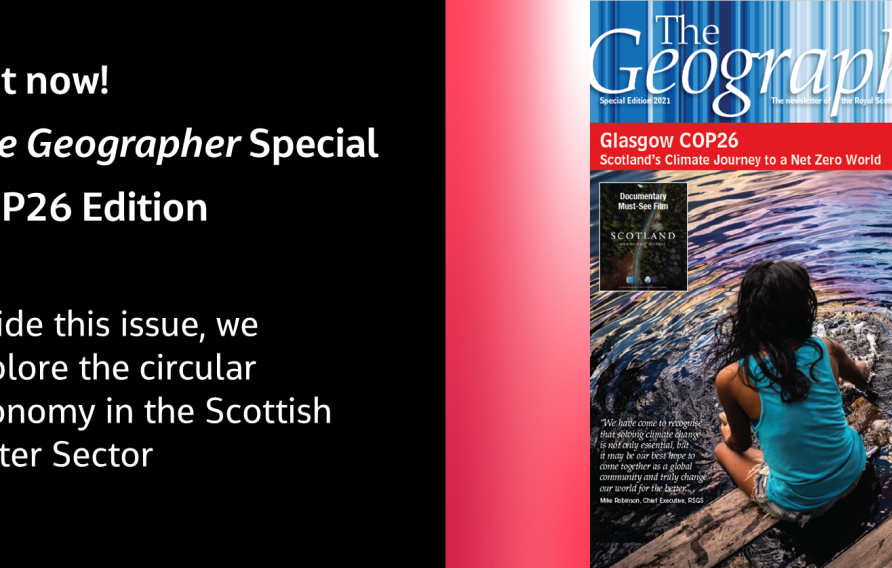
Wastewater utilities across the globe produce millions of tons of biosolids annually. Specifically, in England and Wales that number is over four million wet tons of biosolids annually and most of the biosolids are recycled on farmland. Biosolids are usually two-thirds water, and this causes significant issues. Storing water-laden biosolids releases greenhouse gases. The water also adds a lot of weight and volume to all the transport that is required. In England and Wales, the traditional farmland recycling route is also under pressure, but the alternatives are significantly more expensive – much of the additional cost being due to the water in the biosolids.
In a successful trial with Welsh Water, Jacobs’ technology has shown significant reductions in biosolids cake water content. It works by aerating treated biosolids (sludge cake). This creates an aerobic environment in the cake, producing heat and enabling moisture to be removed. This unlocks the potential for reduced greenhouse gas emissions and greater opportunities for reduced processing time and energy use compared to current approaches. The technology is available as an augmentation to existing or planned storage barns, or as an entire new process stage. Jacobs is planning an additional operational trial to gather more data on emissions and peak performance.
The initial trial showed the technology may provide the following benefits:
- Reduction in air emissions such as greenhouse gases, ammonia and odors to address climate targets and emerging Industrial Emissions Directive (IED) requirements.
- Reduction of haulage movements and transport costs.
- Improvement in public general perception of biosolids-to-land due to a reduction in odor.
- Improvement in the ability to store the finished product for longer times in less space.
- Generation of a product more suitable for use in landscaping practices beyond agriculture because of the drastic change in physical characteristics of the dried biosolids material.
- Opening of new pathways for downstream processing such as carbonization.
The technology can be applied to any biosolids processed through anaerobic digestion with thermal hydrolysis — in England and Wales, this covers over 50% of the biosolids output.
Energy consumption is so low, the cost of energy can be more than offset by savings on transport. This is only one of the benefits: there are several crucial rewards for wastewater utilities looking to build resilience in the context of increasing pressure and uncertainties with traditional recycling routes. The technology can help utilities increase biosolids storage capacity and gives the potential to reduce their greenhouse gas emissions.
You might be interested in...
From our newsroom
-
 News
NewsBridging the Gap Between Decarbonization, Net Zero through Nature-based Solutions
Net zero requires action in two directions. On the one side, organizations must work to significantly reduce the release of emissions. On the other, they must support the removal of continued emissions from the atmosphere once decarbonization measures have been implemented. Nature-based solutions – also known as natural climate solutions - have a significant role to play in achieving net zero, spanning both emission reductions and removals.
-

 News
NewsDecarbonizing Construction in the UK
Jacobs worked with the Environment Agency and supply chain partners to research the use of concrete in the U.K. and recommend ways to further reduce carbon in construction.
-

 News
NewsCircular Economy in the Scottish Water Sector
In this article, we look at progress made with United Nations Sustainable Development Goal 12: Responsible Consumption and Production, and explore what more can be done?
-
 News
NewsUK Water Net Zero Carbon: Quantifying the Benefits of Biosolids to Land
Exploring the opportunity for the U.K. water industry in quantifying the carbon benefits of biosolids to land.












































